Generally speaking, most job interviews follow the same basic format. At minimum, you’ll likely be asked some variation of 6 common interview questions and be given some on-the-job scenarios to respond to. However, job interviews aren’t all exactly the same. Interviews can vary in length and formality, and scenario-based questions will vary based on the type of job you’re applying for. Also, as you advance in your career and gain more experience, interviews tend to become much more structured and in-depth.
To start us off, let’s take a look at some common themes you’ll find in almost any job interview.
Common interview questions
Below are 6 commonly-asked interview questions. These probably won’t be the only questions you’ll find in an interview, but it’s very likely that you’ll be asked these questions, or similar ones:
Tell me a little bit about yourself?
What are your greatest strengths?
What is your biggest weakness?
Why do you want to work here?
Have you ever worked with someone you didn’t like? If so, how did you handle it?
Do you have any questions for me?
Thinking about and preparing responses to these fundamental questions will help you understand what employers are looking for and present yourself in the best possible light. Check out this article for in-depth tips that will help you formulate your answers to each of these questions.
As a general rule, remember that no matter what question you’re answering, the goal is to leave the interviewer with the impression that you’re hard-working, likable, and a responsible potential employee.
Scenario-based interview questions
These are questions about different situations that might come up at work. An interviewer might ask you to recount past experiences or to imagine how you’d act in a hypothetical future work setting. The types of scenario-based questions you’ll be asked could vary considerably based on the job you’re applying for. Examples of these questions include:
Tell me about a time you made a mistake. How did you fix it?
Tell me about a time you solved a problem.
If you witnessed a co-worker steal something from work, what would you do?
How would you respond if an upset customer confronted you?
What would you do if your supervisor assigned you a task that you didn’t know how to do?
Of course, the answers to these questions are very subjective, and aren’t as clear-cut as something like “why do you want to work here?” It’s perfectly ok to ask your interviewer for a moment to think about your answers to these more hypothetical questions.
If you’re asked a question that relates to a past experience, or a hypothetical question that you can connect to a similar past experience, you can use the STAR method to help answer it:
Other common questions
In addition, interviewers will likely ask questions about your availability. They might ask if you can work at specific days or times or when you can start. Make sure you think about your schedule before you get to the interview stage—in fact, it’s best to start thinking about that before you apply.
An interviewer might also ask questions about your ability to legally start working, like if you have a work permit. If possible, make sure you have your work permit before you get to the interview stage. If you don’t have your documents yet, you should have a plan to get that taken care of as soon as possible. Tell the interviewer what your plan is and what steps you still need to take in order to be ready to work—this shows that you take working seriously.
A final type of question you’re likely to encounter are yes-no questions. These are straightforward questions relating to specific job duties. If a job description specifies that you’re occasionally required to lift up to 20 pounds, for example, an interviewer might confirm whether or not that's something you’re able to do.
Interviews as you advance
As you gain more work experience, one thing you’ll notice is that interviews tend to get longer and more formal. Interviews for jobs that are higher up on the chain of command or jobs that require specific credentials will probably include more time discussing your past work or educational experiences that qualify you for the job. You might have to get through multiple interviews, or interviews with multiple people (also known as a panel interview) as part of the hiring process.
While teens don’t really have to worry about these more advanced interviews yet, building a strong foundation of job interview skills now and knowing what to expect in the future will help you flourish in your early job searches and beyond.
If you’re looking for more interview tips or help preparing for an upcoming interview, call the YES office to schedule a practice interview, learn about LEVELup, and more!


